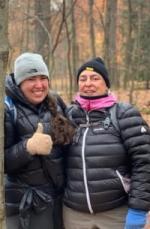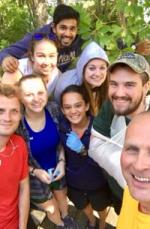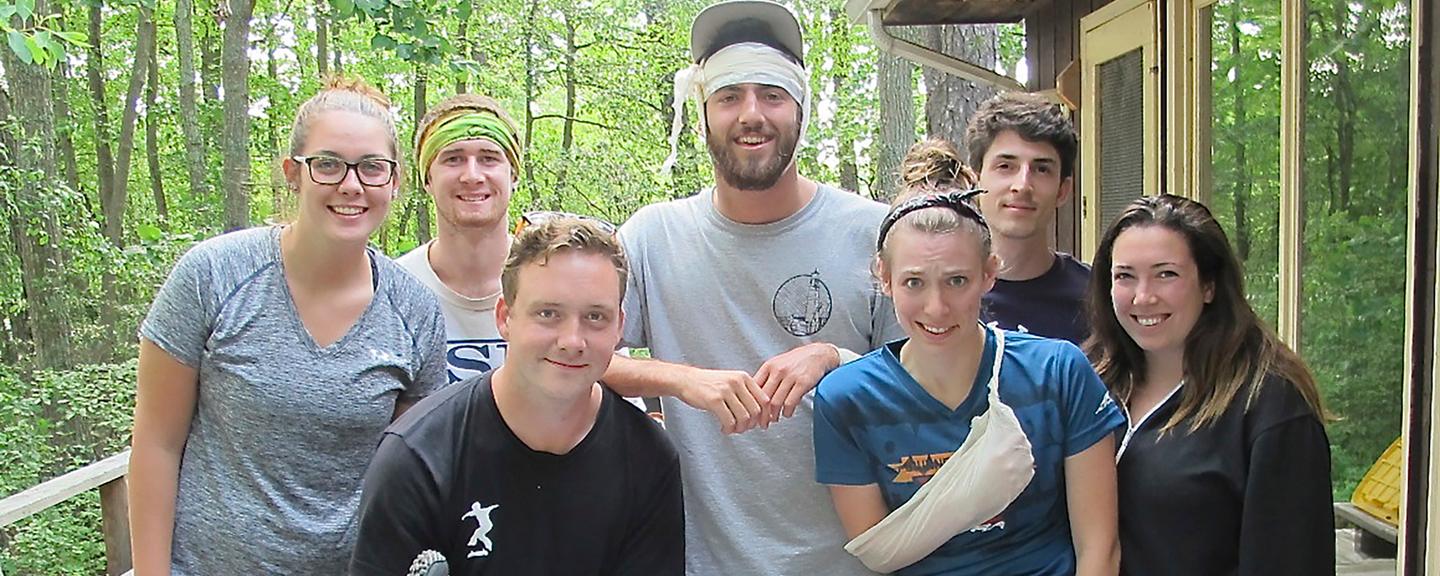
Wilderness First Aid
Overview
Wilderness First Aid is an introductory course in wilderness medicine that teaches the fundamentals of prevention, assessment, and treatment of injuries and illnesses commonly found in the outdoors. It is designed to address emergencies that often occur on day or overnight events, in areas with reliable communications, and for situations where assistance is typically available within a few hours. Your training will include a mix of lectures, skill sessions, case study discussions, and training scenarios.
Our training course stands apart because you’ll learn from seasoned professional emergency medical providers with years of backcountry training and experience. Our clients represent diverse backgrounds and skill levels, like hikers, bikers, paddlers, camp staff, guides, First Responders, nurses, and medical school students. We keep our class sizes small to provide personalized instruction, helping you fully understand, retain, and apply the training.
Certification length is for a period of two years.
Highlights
Our training will give you a practical understanding of how to prepare for and respond to medical issues that may arise during your next outing.
- Learn not only patient assessment and treatment, but also scene management and evacuation decision-making
- Understand how to manage shock, wounds, temperature-related illnesses, anaphylaxis, and more
- Discover what supplies to include in your first-aid kit
Continuing Education Credits
This course is accredited by the Pennsylvania Department of Health. Pre-hospital providers—including EMR, EMT, Paramedic, and PHRN—will earn 15 continuing education credits.
Related
The physical difficulty of this course is Easy. This course involves some walking and other activities over short distances at a steady pace over varying terrain that may include off-trail sections, rough spots, unexpected obstacles, and low to steep inclines and declines. This course is conducted in varying weather conditions, including hot, cold, humid, rain, wind, and snow, or a mixed combination. Activities include some bending over, squatting, and lifting. This course is suited for those in generally good physical condition.
This course is run as two day program. Each day begins at 8:00 a.m. and concludes by 5:00 p.m.
Once you book a slot, then one of our staff will follow up personally with an email. It will include three short forms for you to complete and return to us. We will also send you the course information sheet, which will contain all of the details that you will need to prepare and arrive (like required and optional gear; exact rally point; general driving directions; and overnight recommendations).
This course is often run as a private one to better meet the specific needs and schedule of our clients. Please contact Erik to learn more (412.913.6000 or erik@exploretruenorth.com).
We typically reply to emails and telephone calls within 1-2 hours. Please note, however, that it may be as long as 24 hours if we are away teaching.
Children 15-17 years old are welcome when accompanied by a parent or guardian. In our private courses, there is no set age requirement as it depends on the specific group’s needs and goals.
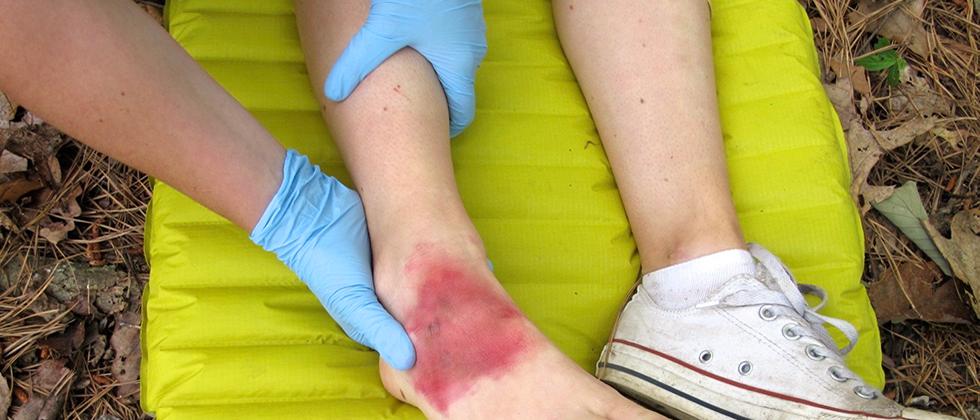
You will learn from seasoned professional emergency medical providers with years of backcountry training and experience.
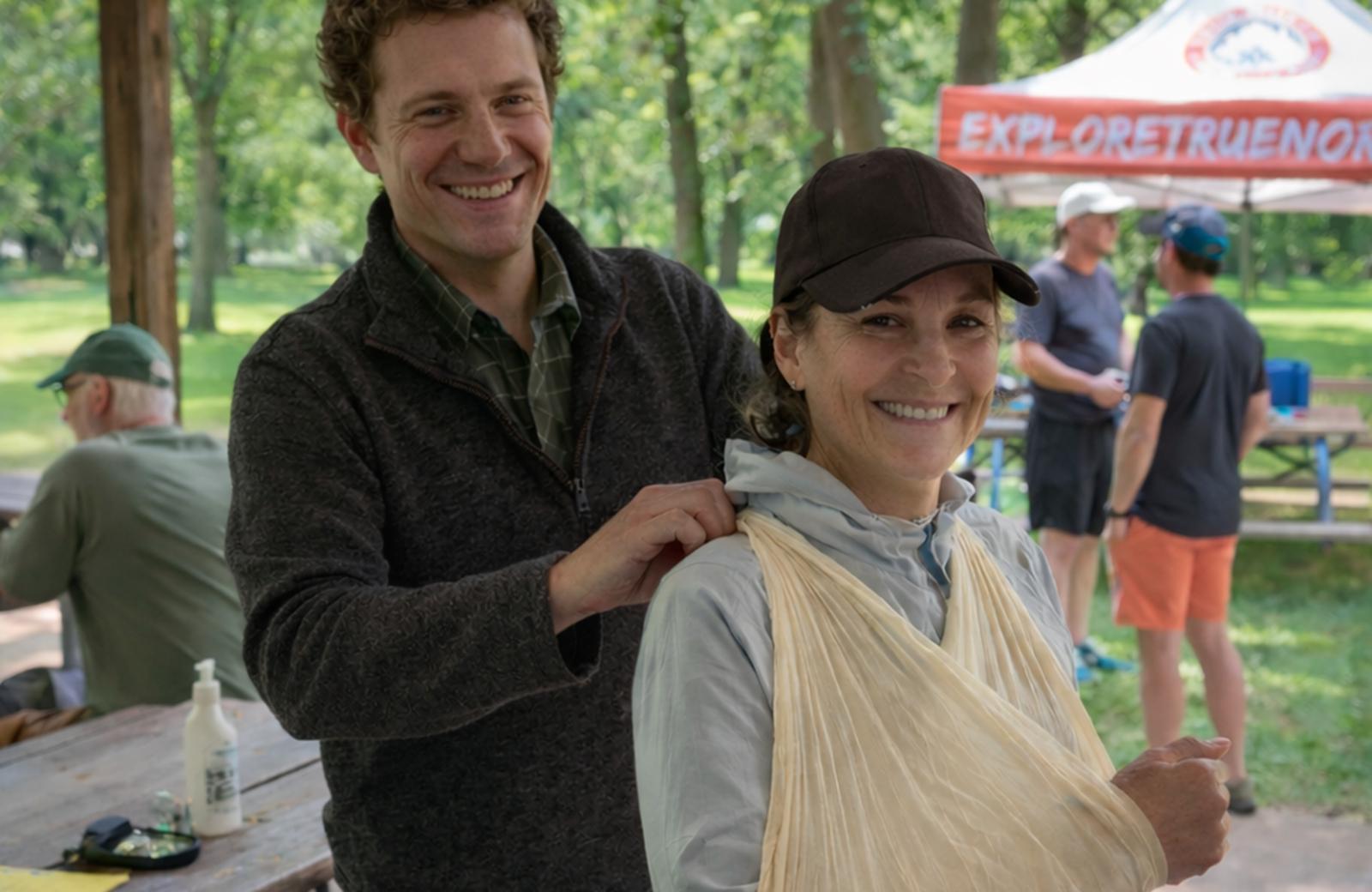
What should you bring?
Items to Bring
- Sturdy closed-toe footwear (ideally with ankle support)
- Appropriate Clothing (for season and conditions, non-cotton recommended)
- Appropriate Outerwear (for season and conditions)
- Water – 1L minimum
- Watch or other timepiece
- Lunch and Snacks
- Any necessary medications
Optional Items
- Extra under/outer garments
- Daypack (for back or waist to carry any related gear)
- Camp Chair
- Hat / Bandana
- Knife (fixed or folding)
- Multi-tool
- Camp Saw
- Gloves
- Pencil and Notepad (“Rite in Rain” type recommended)
- Camera
- Insect Repellant
- Sunscreen
- Sunglasses
- Hand disinfectant/wipes
Upcoming Courses
Course Gallery
For those who play or work outdoors, or who simply want to be better prepared for the unexpected, when access to EMS and a hospital may be delayed.
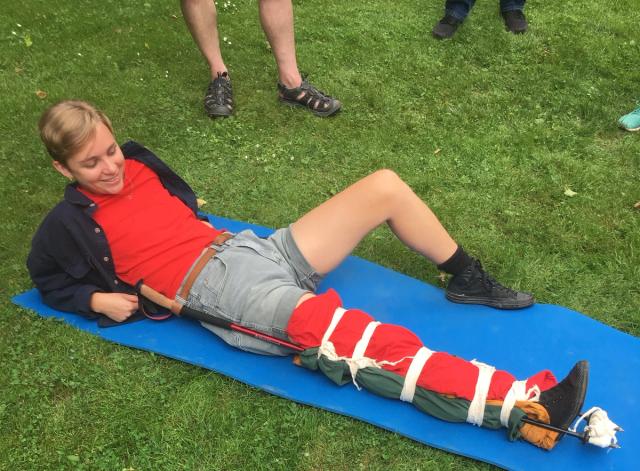
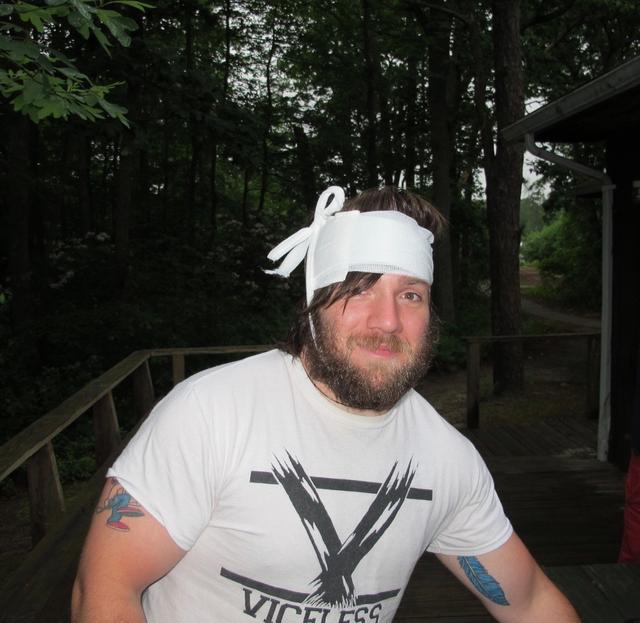
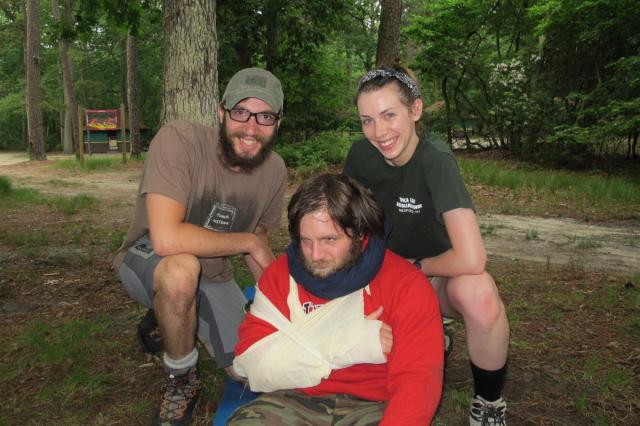
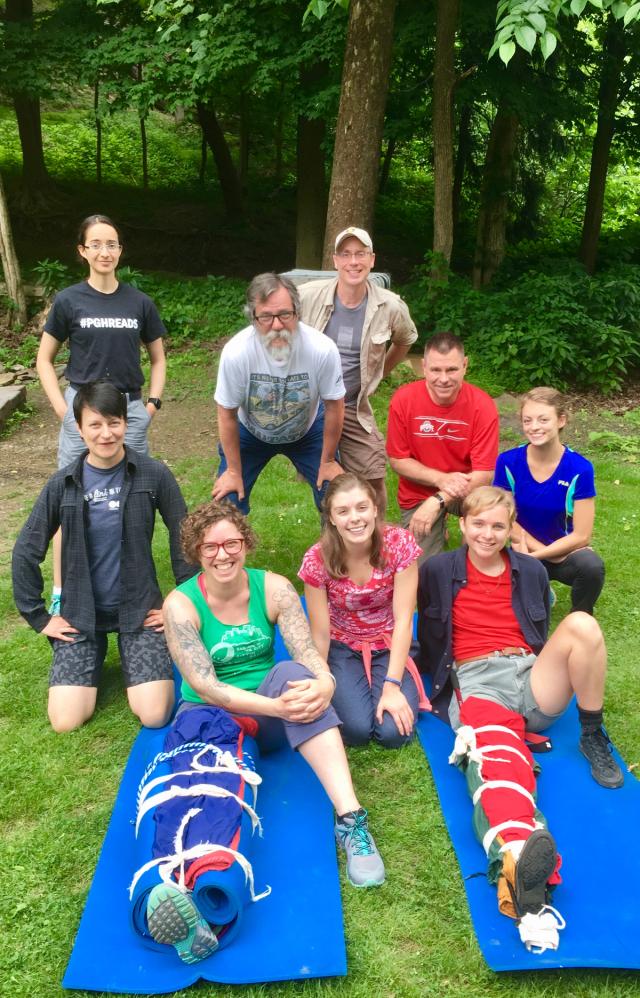
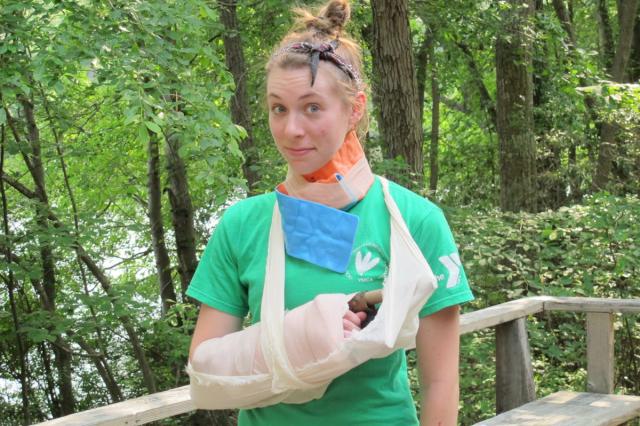
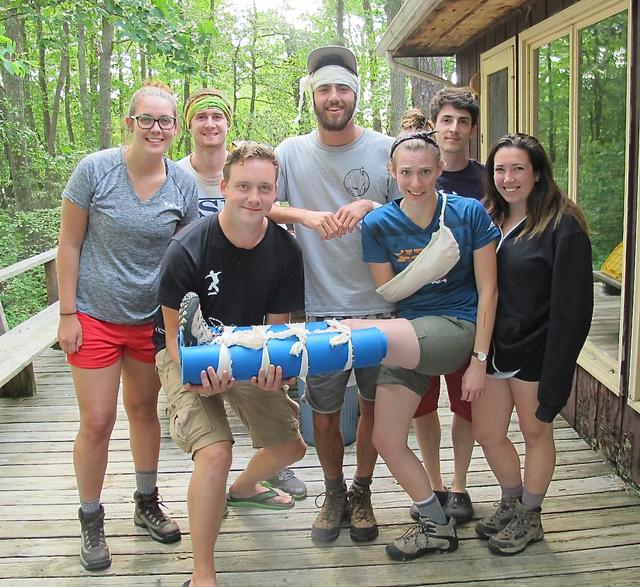
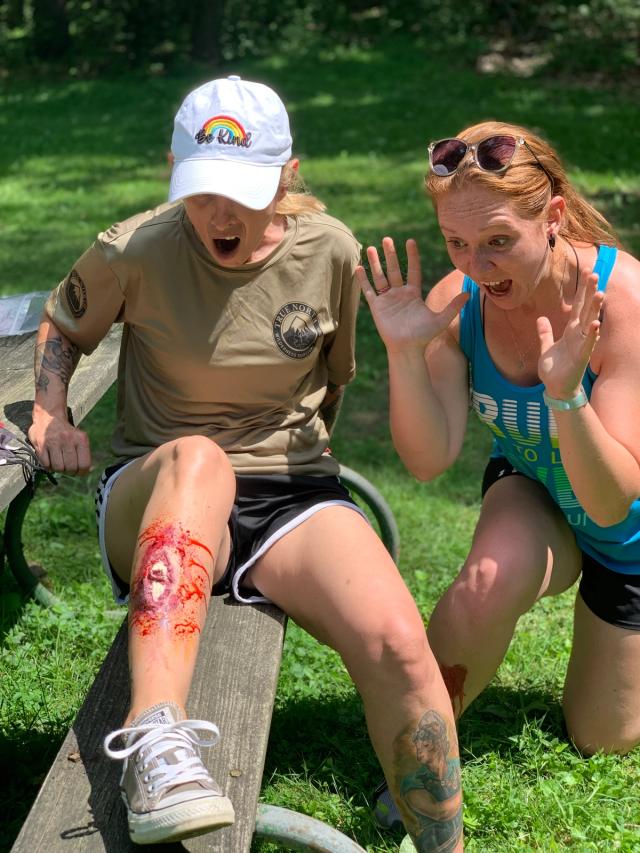
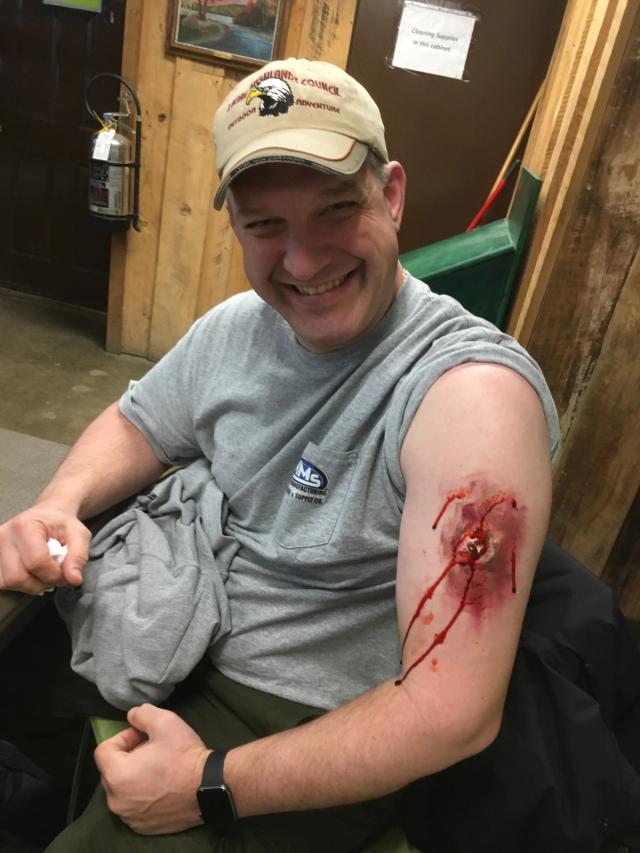
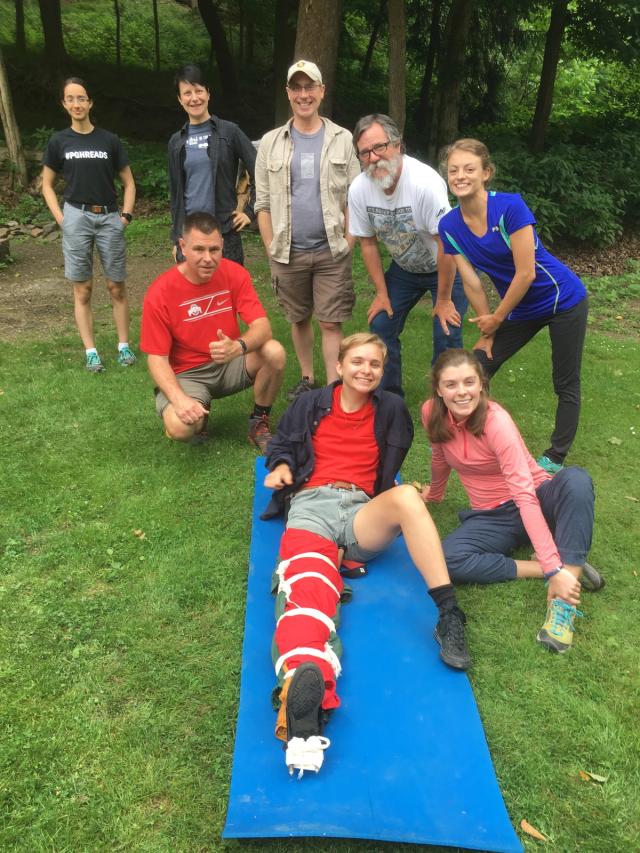
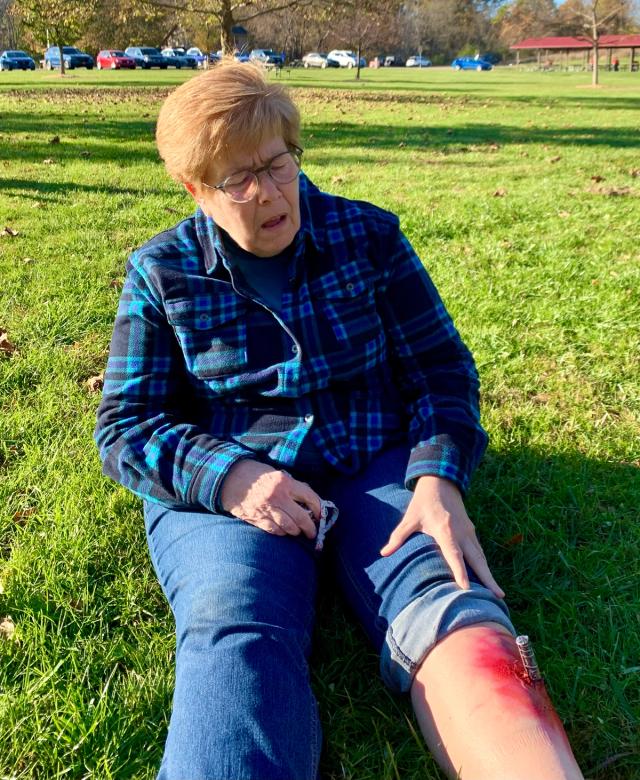
We’re often asked these questions about this course...
We will personally follow up with you with three quick and easy forms for you to complete and return. We will send you a detailed course information sheet which will contain all of the applicable details that you’ll need to prepare and arrive for your training.
Since our primary goal is to provide you a safe and comfortable learning experience that helps to minimize your costs, we really don’t require much beyond appropriate clothing and footwear, your snacks and lunch. When you register, we’ll send you a detailed course information sheet that will list the required and suggested items. Additionally, one of our goals is to give you a chance to “test drive” the gear and supplies that we bring so that you can make better purchases after the course.
In some ways, you will find the training and issues very similar to what you see in a front-country setting, but in most other respects, you will find it to be very different. First, you will be learning to deal with issues that you rarely find in an urban environment, like venomous bites, acute hypothermia, and lightning strikes. Also, wilderness medical care requires a greater emphasis on improvisation as you won’t have access to the equipment in your ambulance or office. In turn, the standard of care in wilderness environments may differ substantially from your state protocols. Lastly, most front-country medical providers only deal with patients for brief periods (maybe just the ambulance ride to the hospital) and in teams, but, as a WFA provider, you may need to care for your patient for hours or longer - all by yourself.
No experience whatsoever is required for any of our courses, basic or advanced. Just make sure to bring your sense of adventure and positive mental attitude! Whether you have only car-camped or hiked the Appalachian Trail, we are confident that you will find our courses a terrific learning experience. No matter what, we are all students - including our instructors!
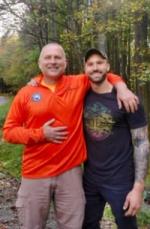
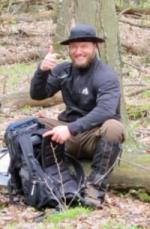
Ready for an Adventure
Because Mother Nature doesn't care about your skill level. And She doesn't just give up because you've had enough. Get the skills you need to survive and conquer any situation!
